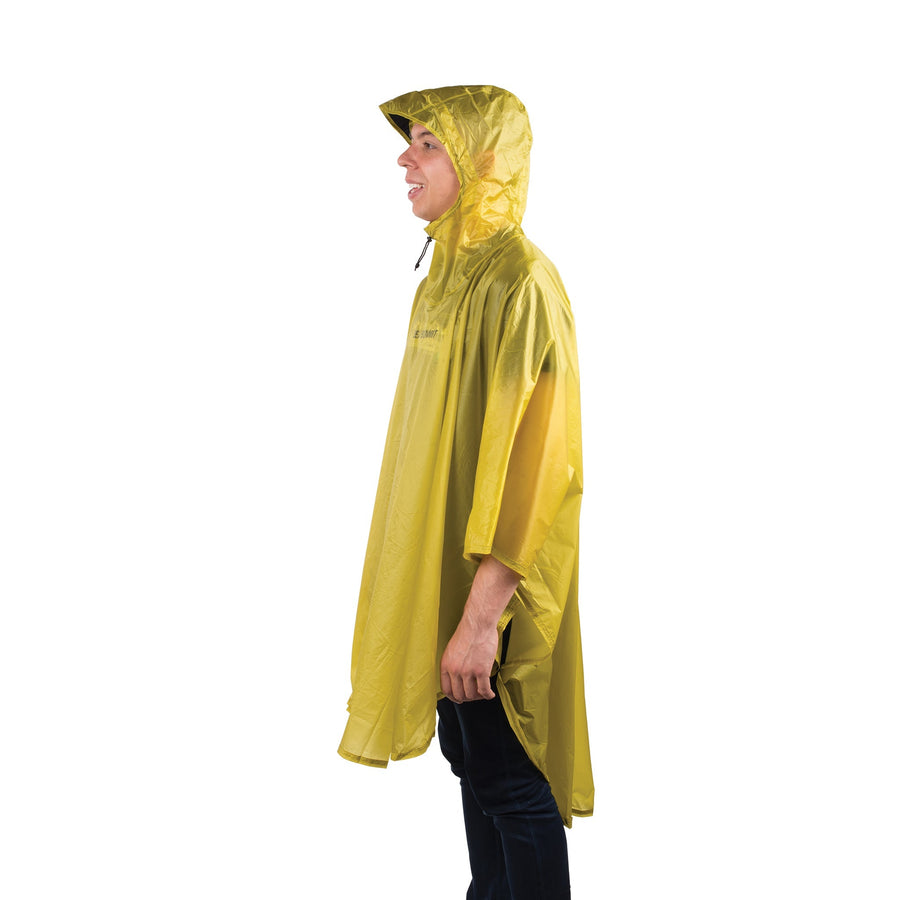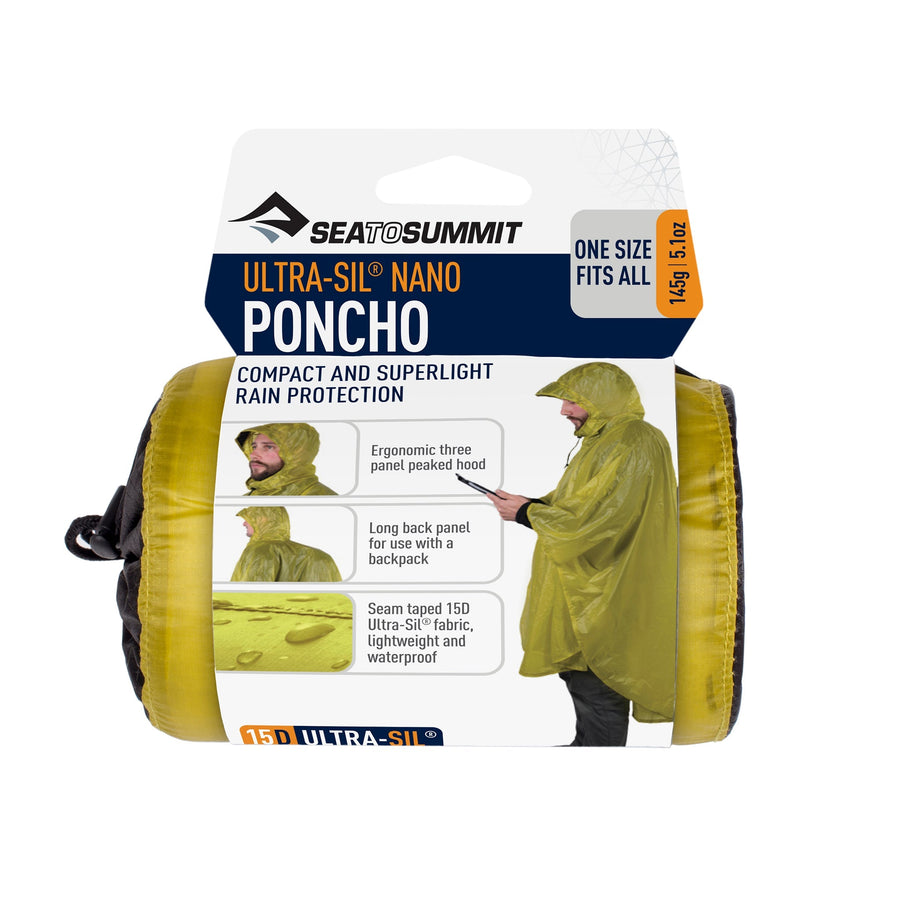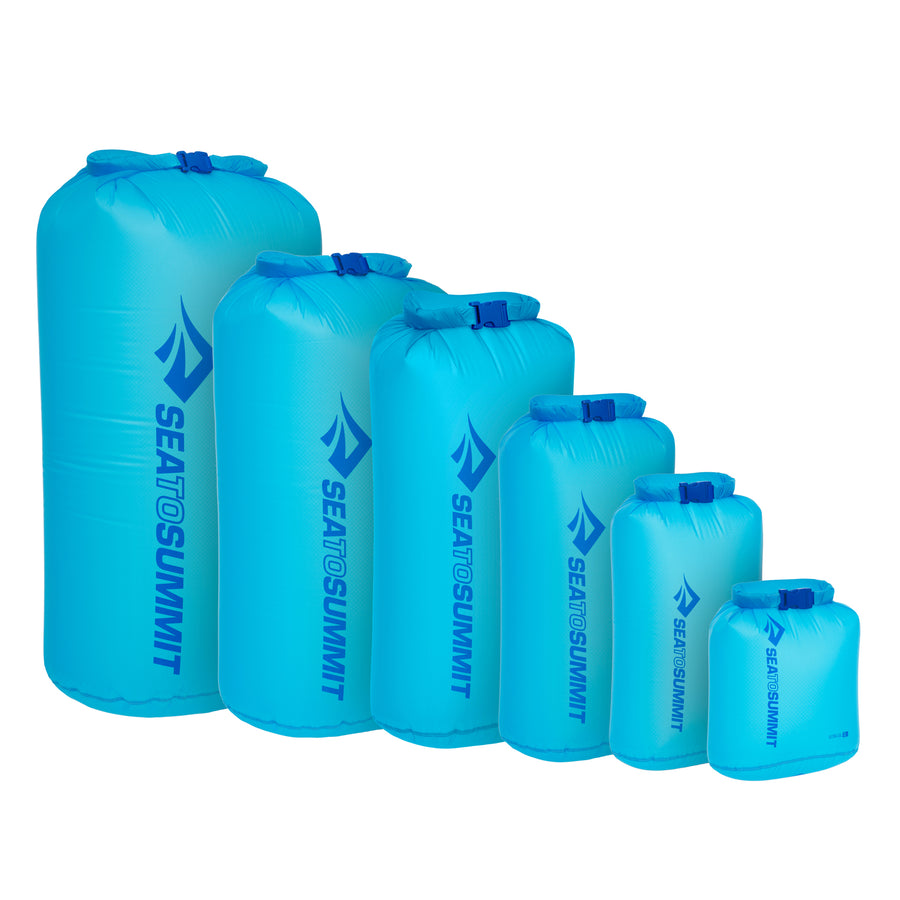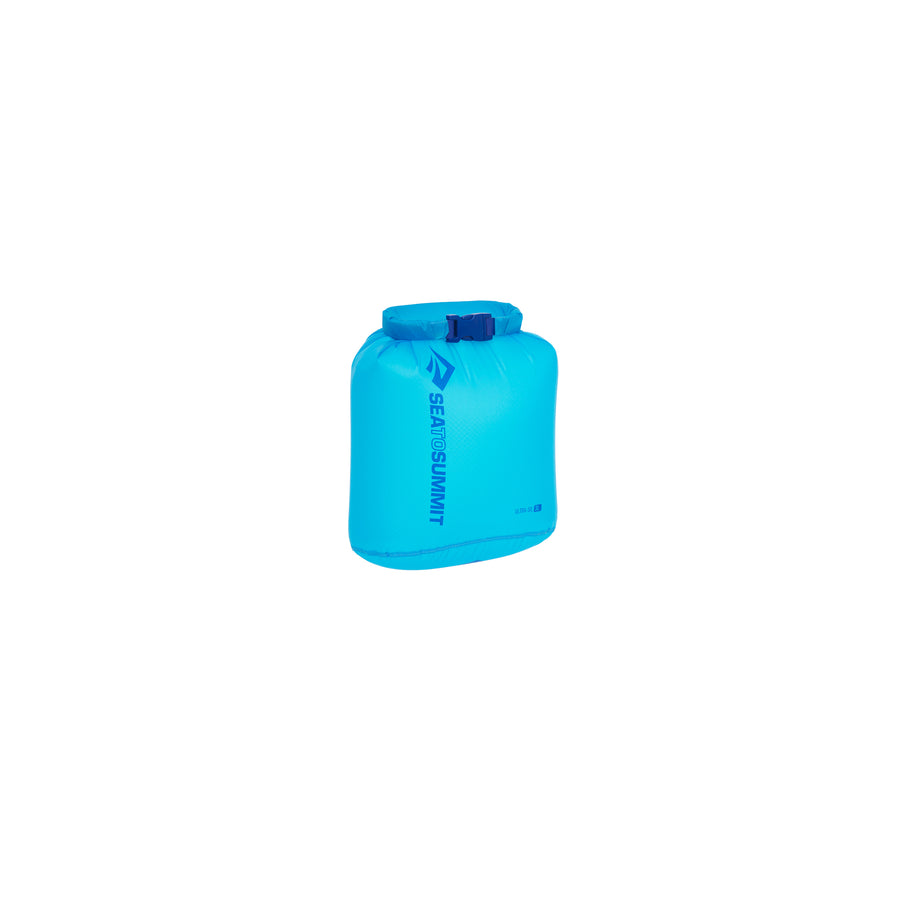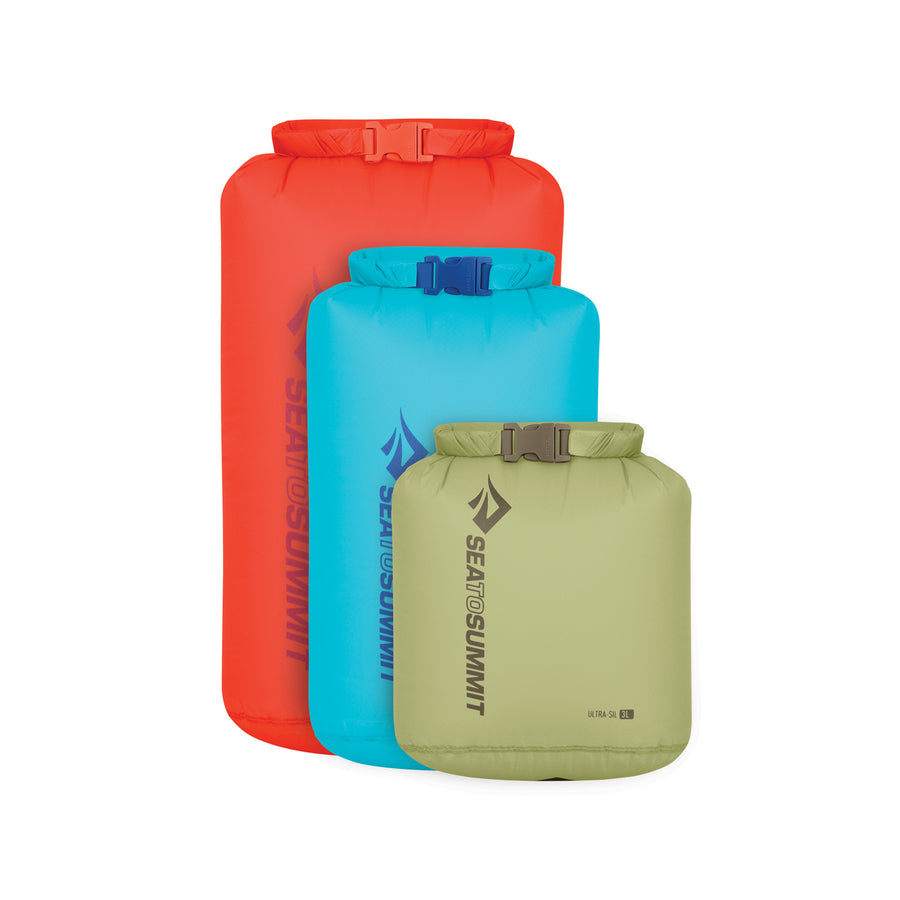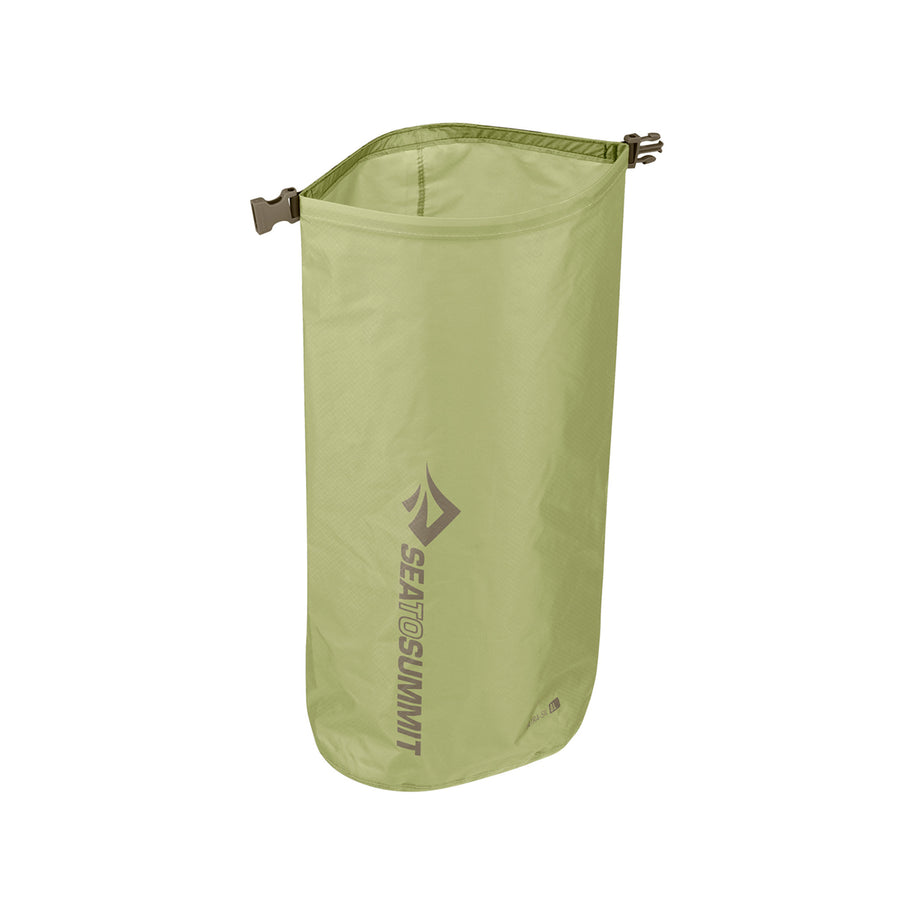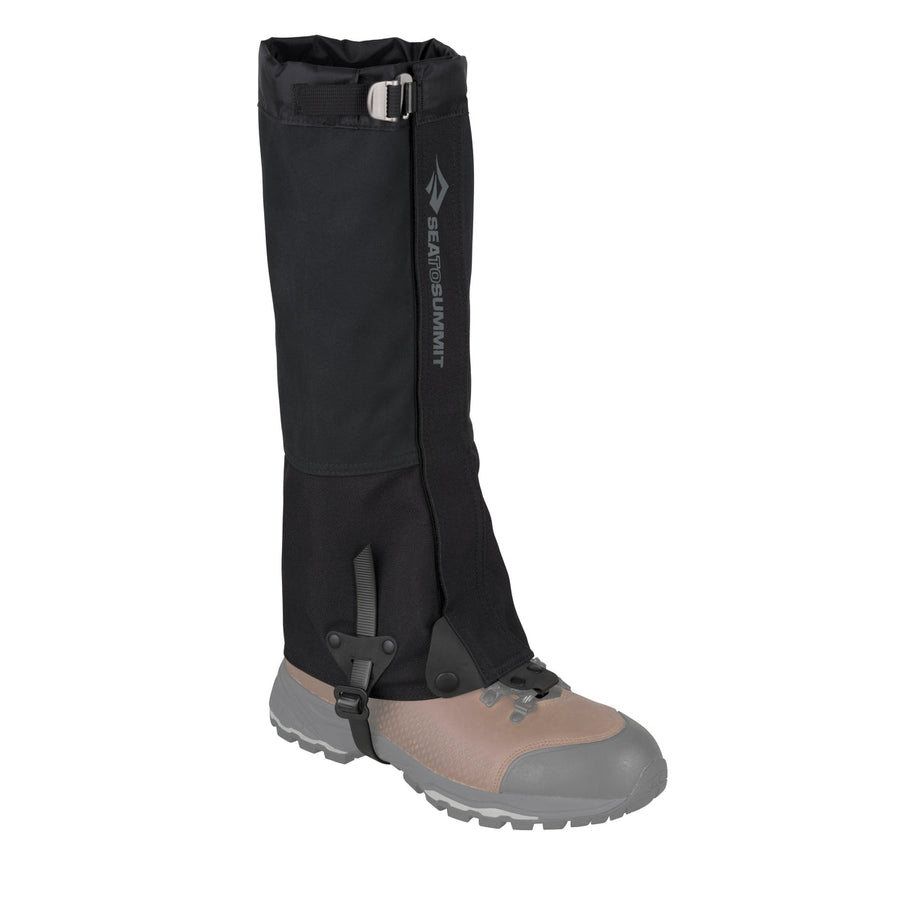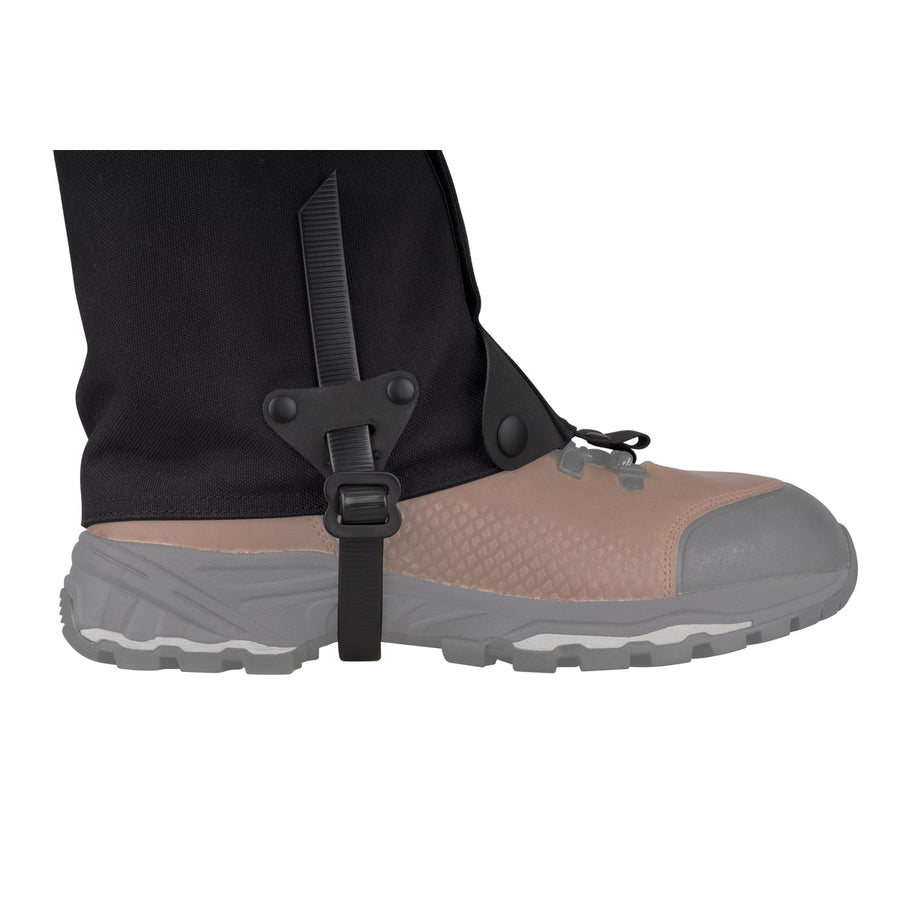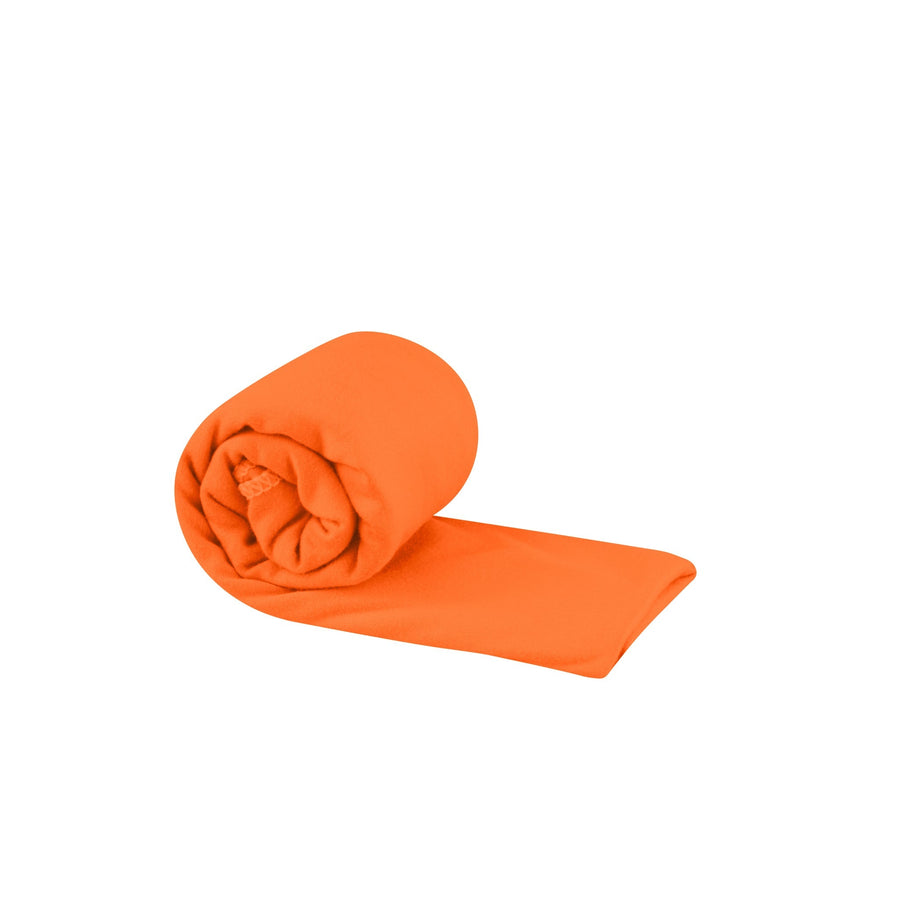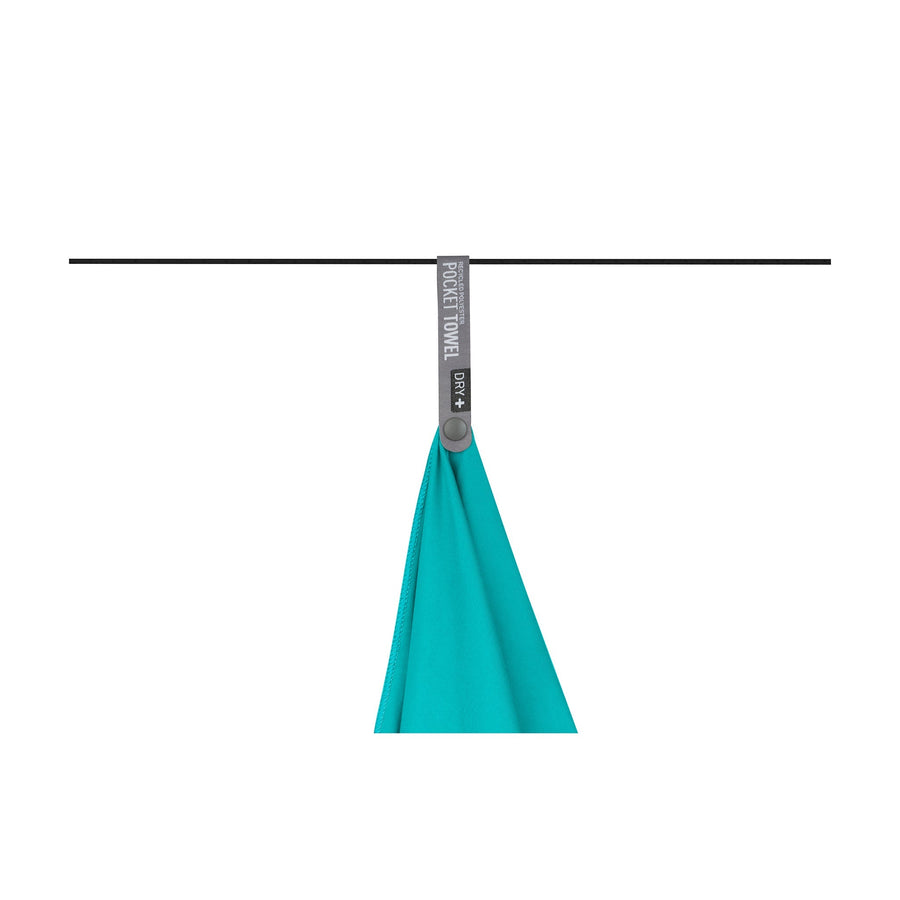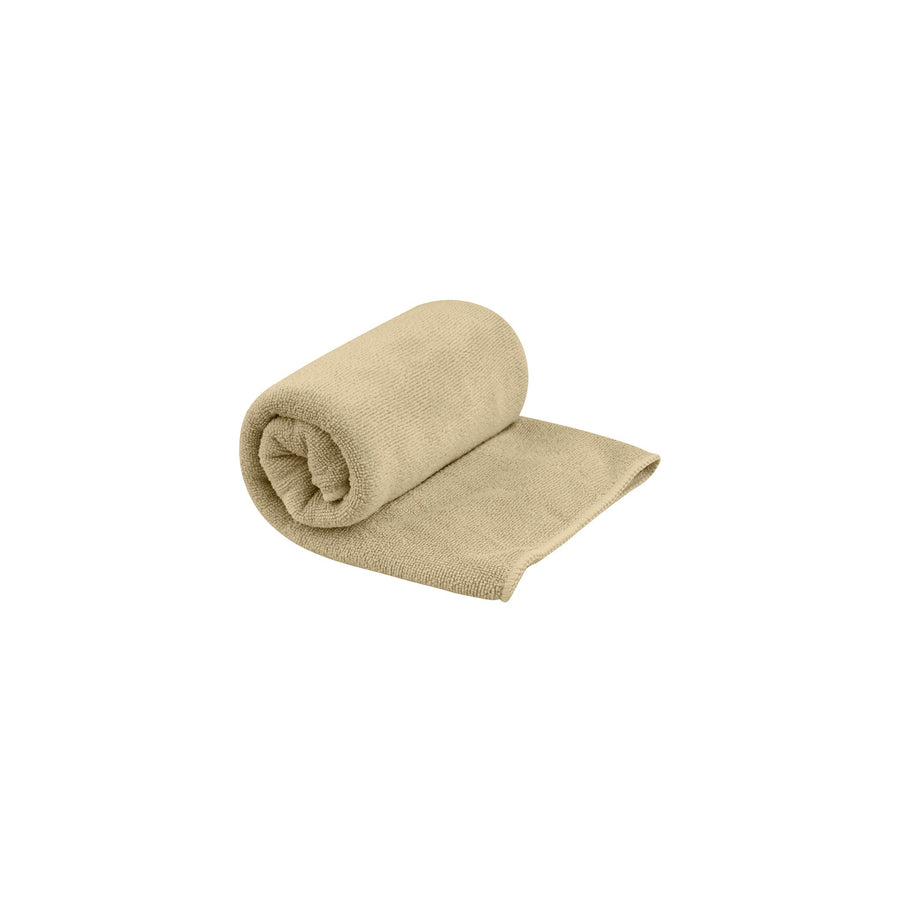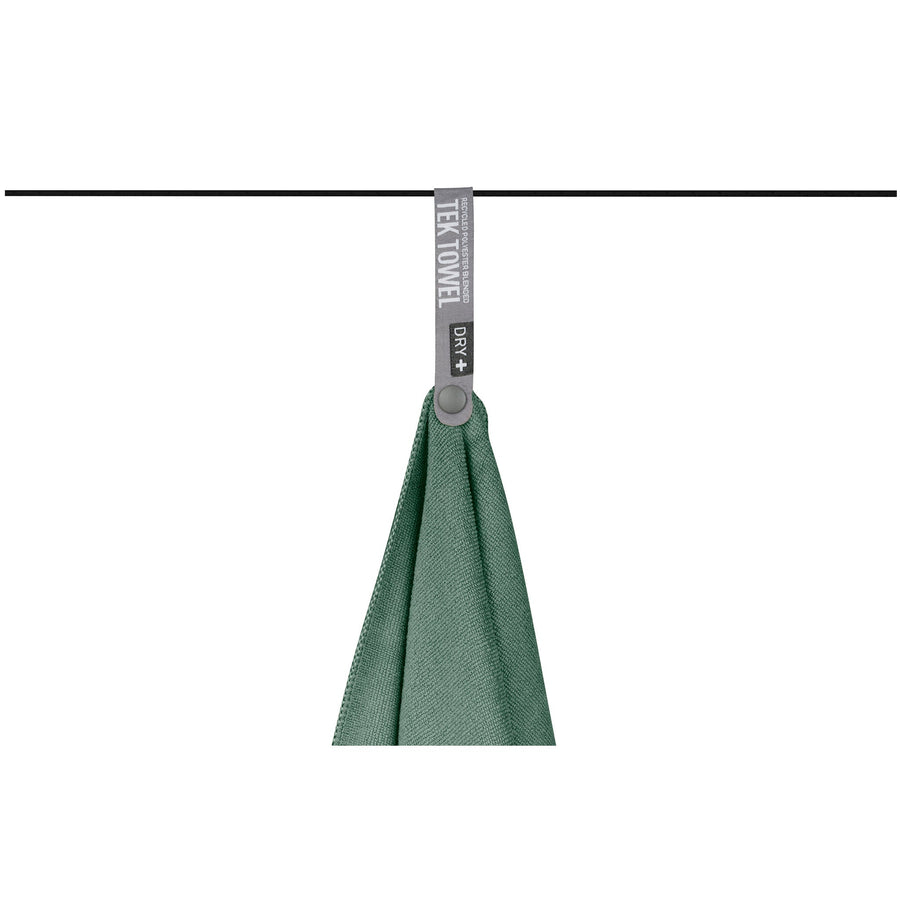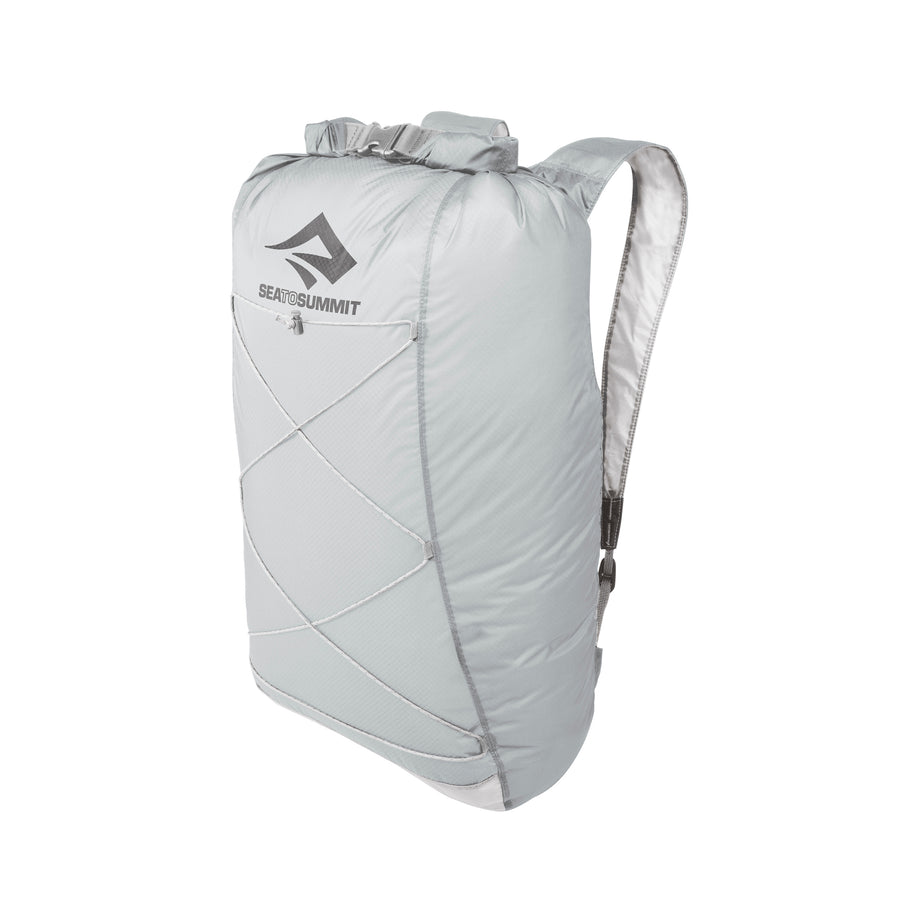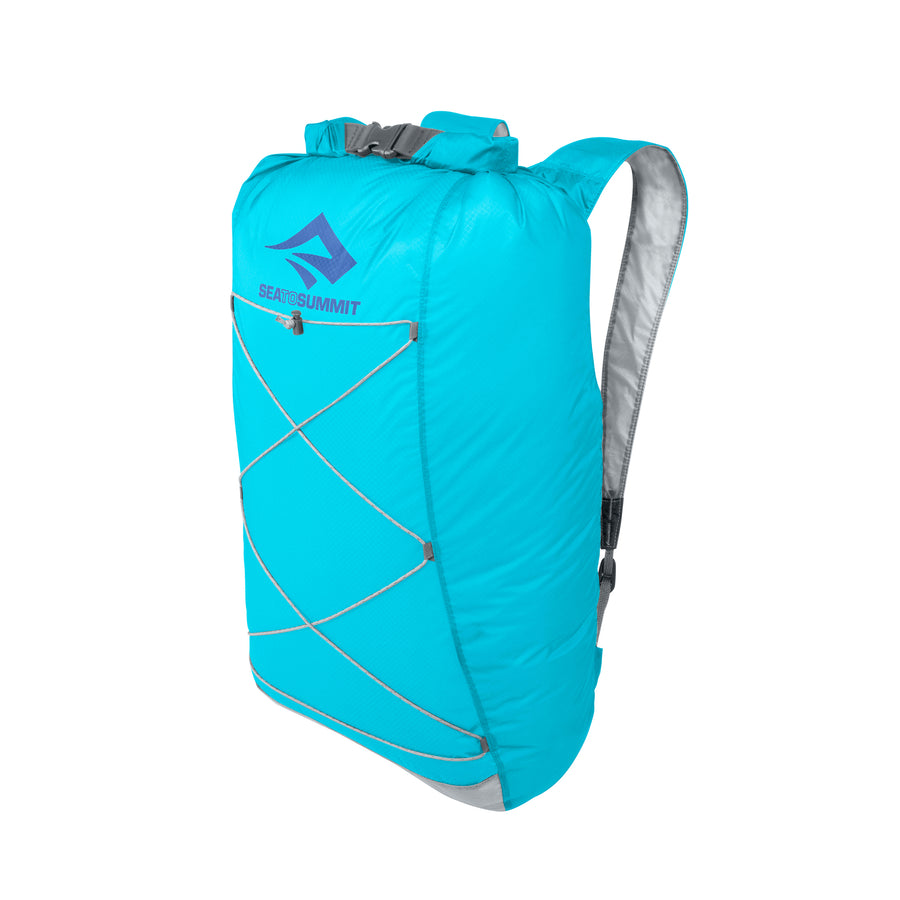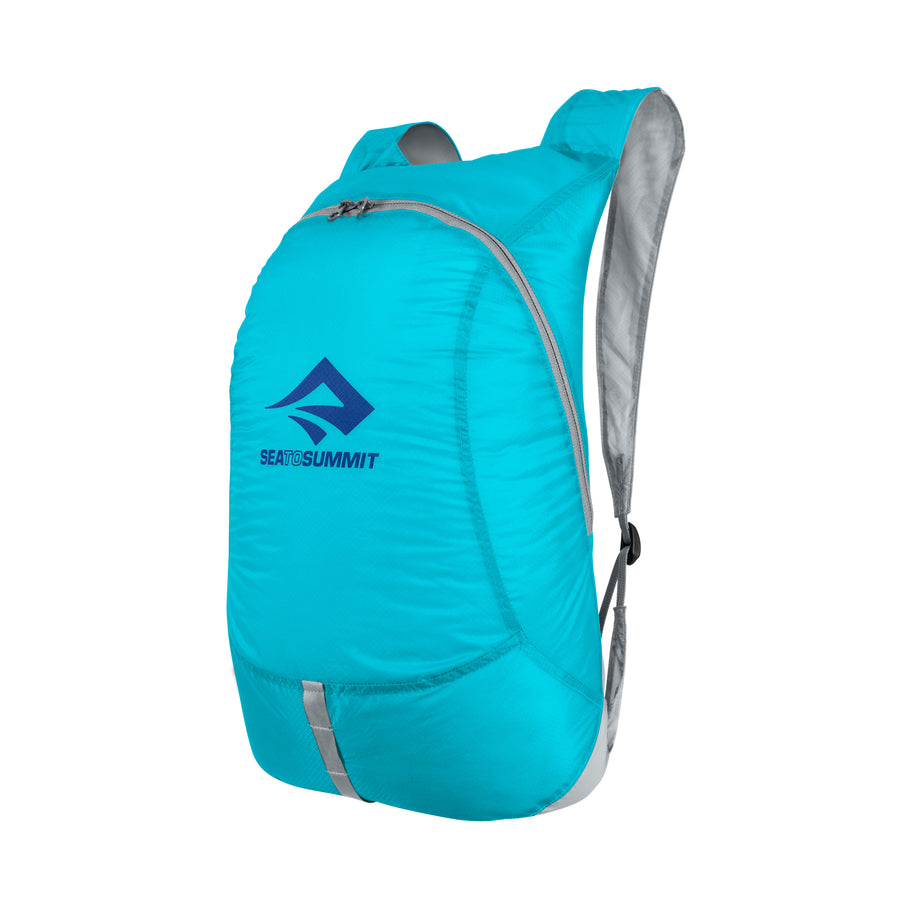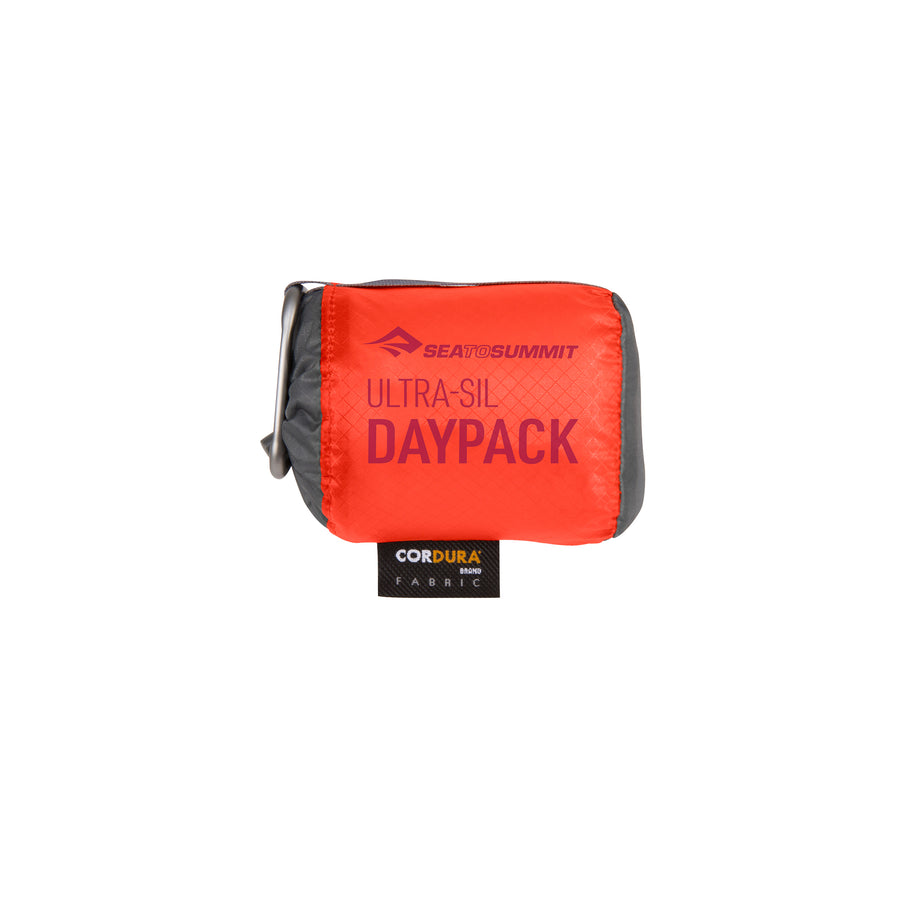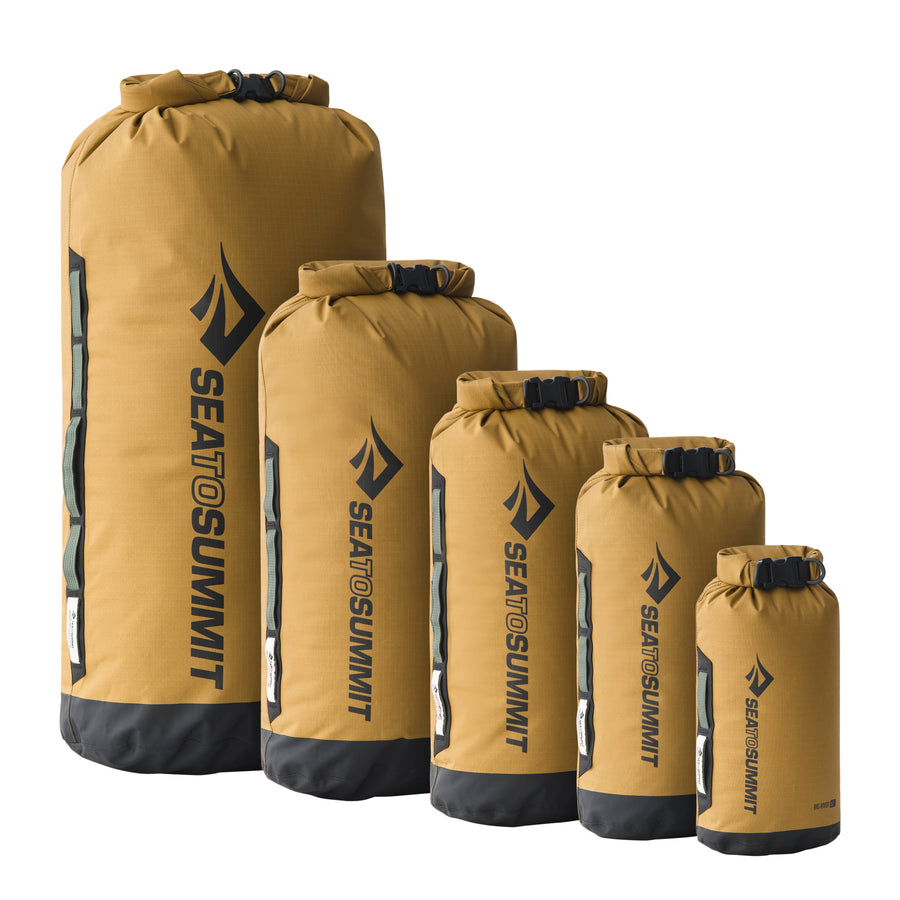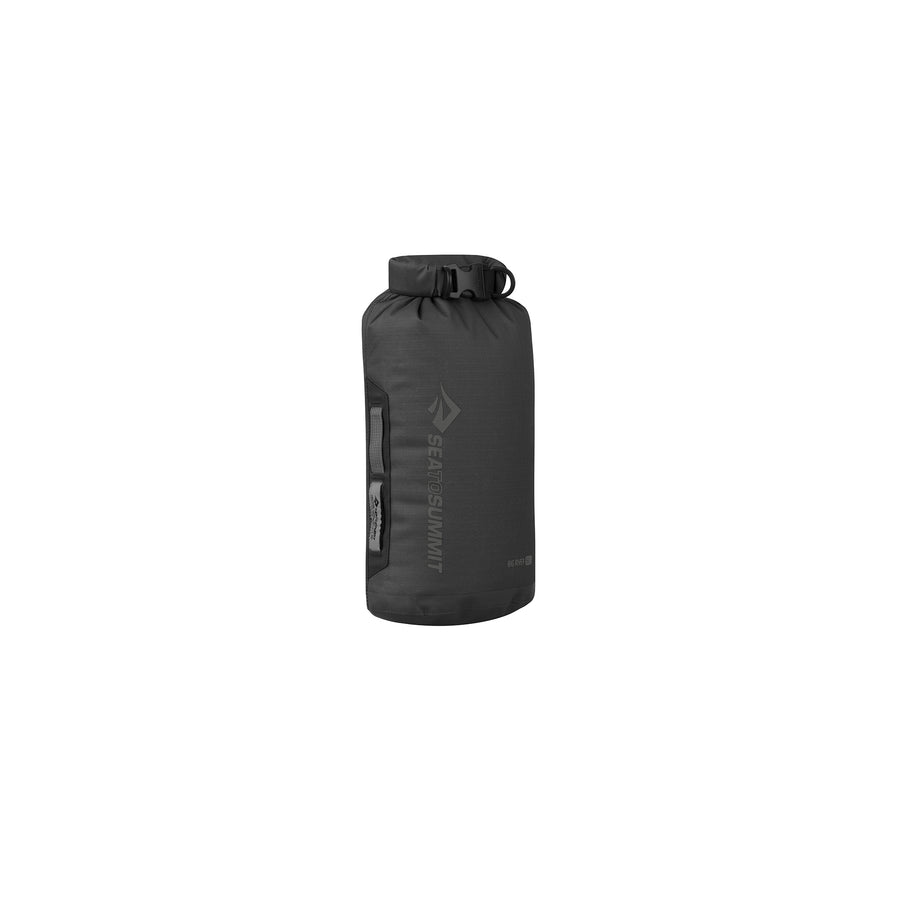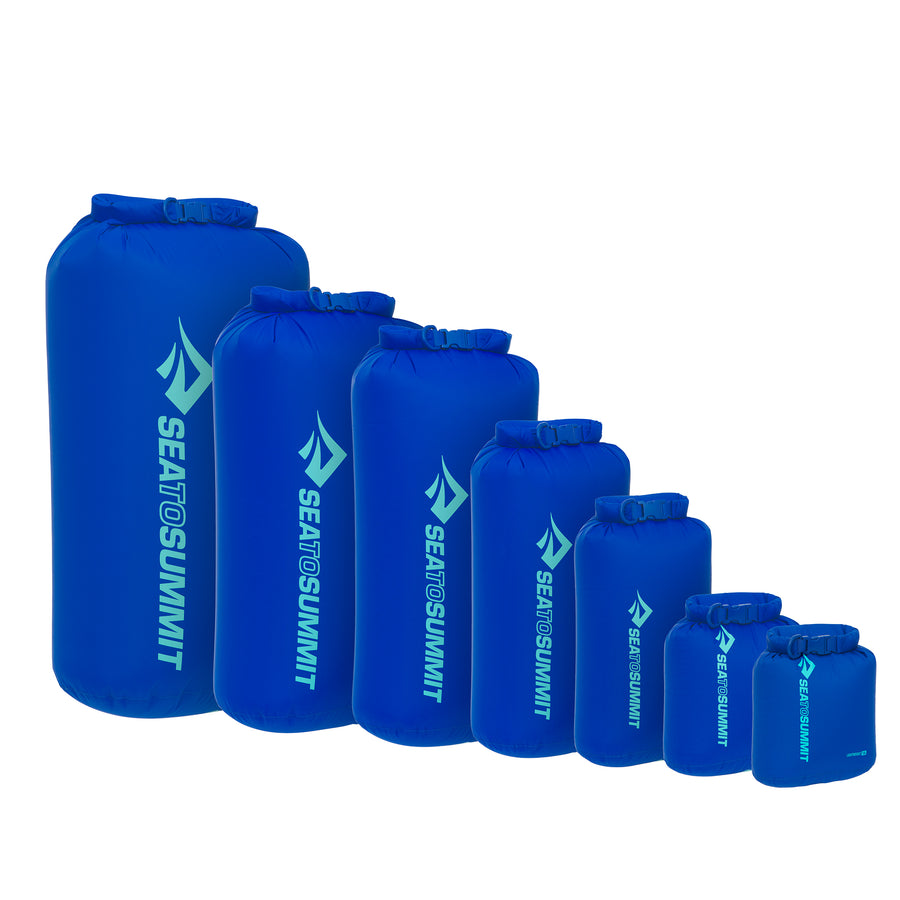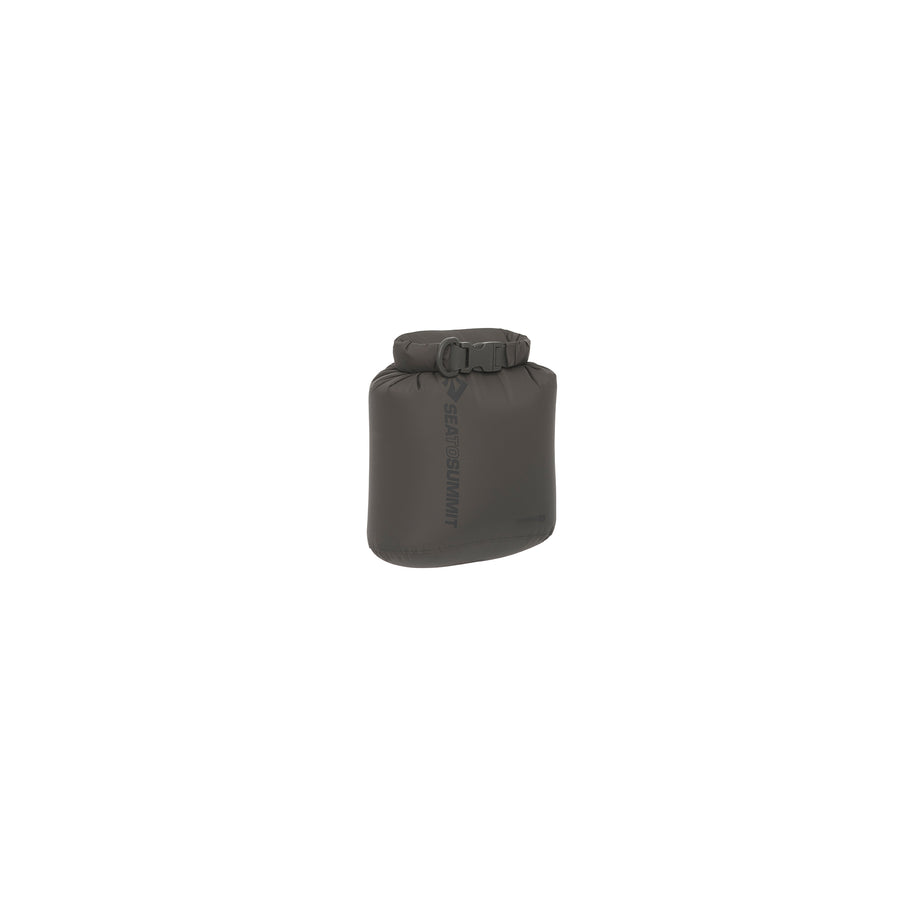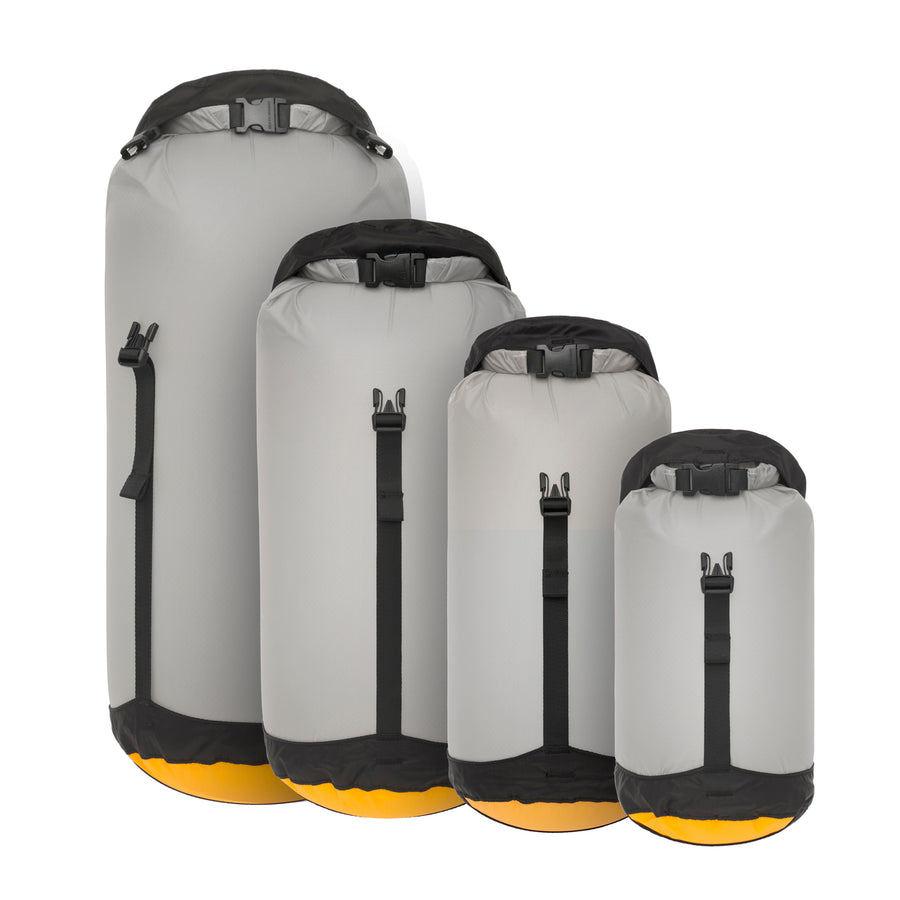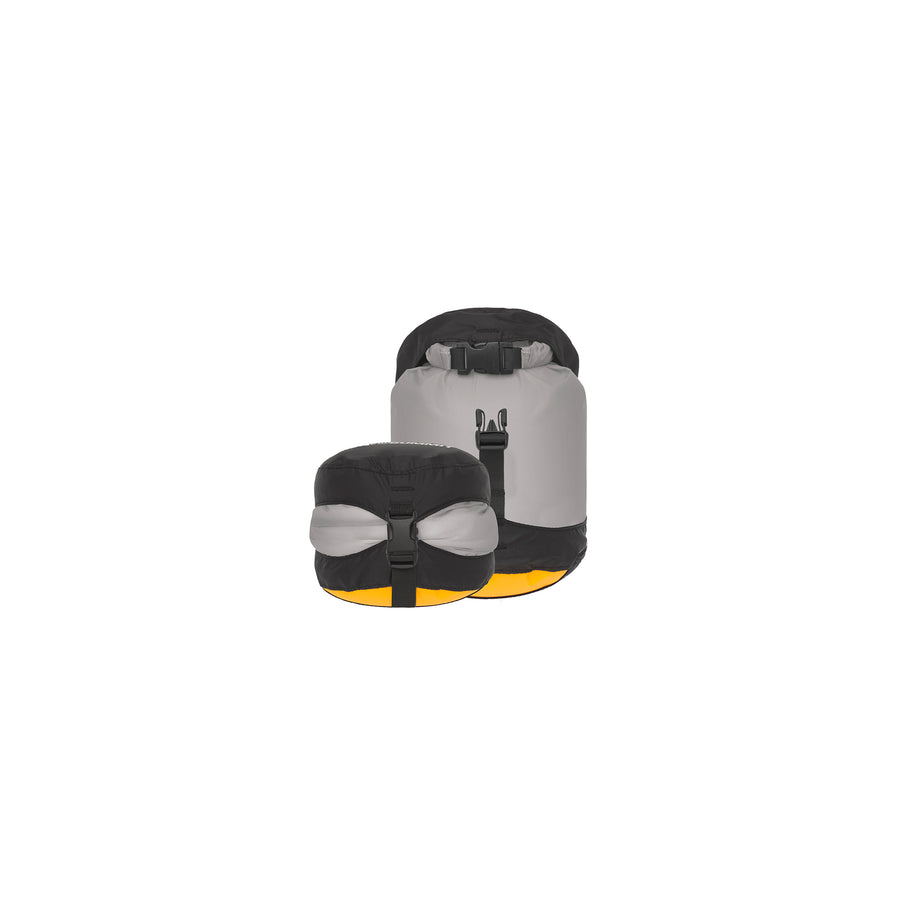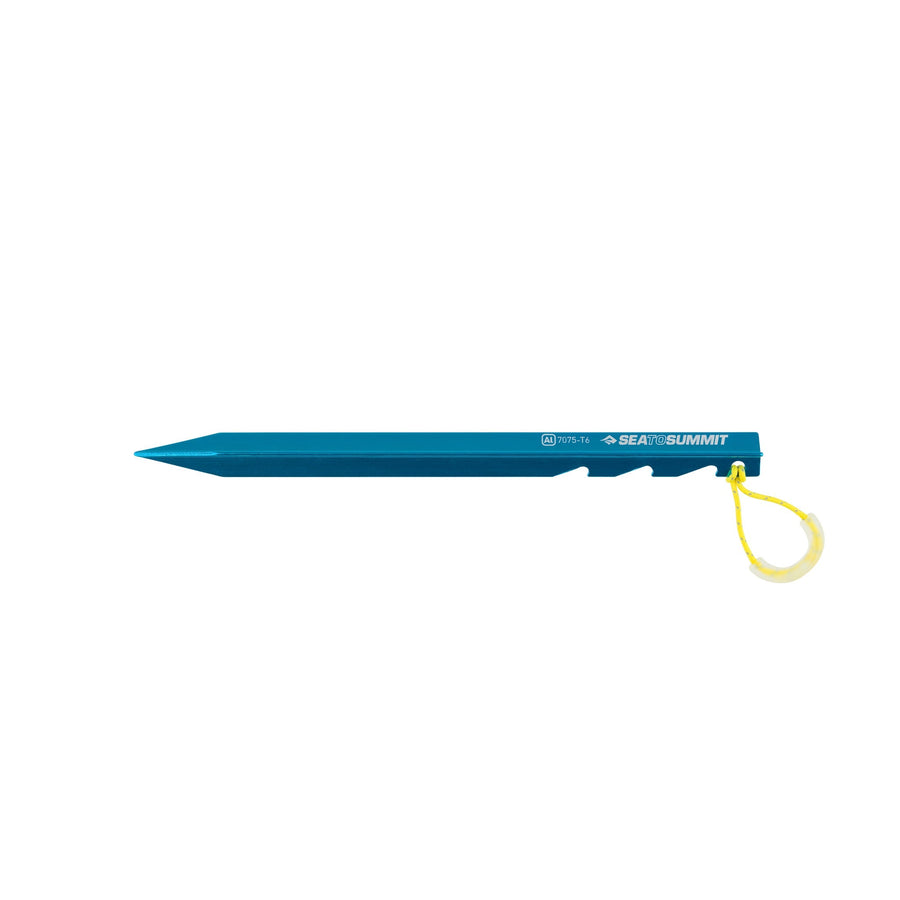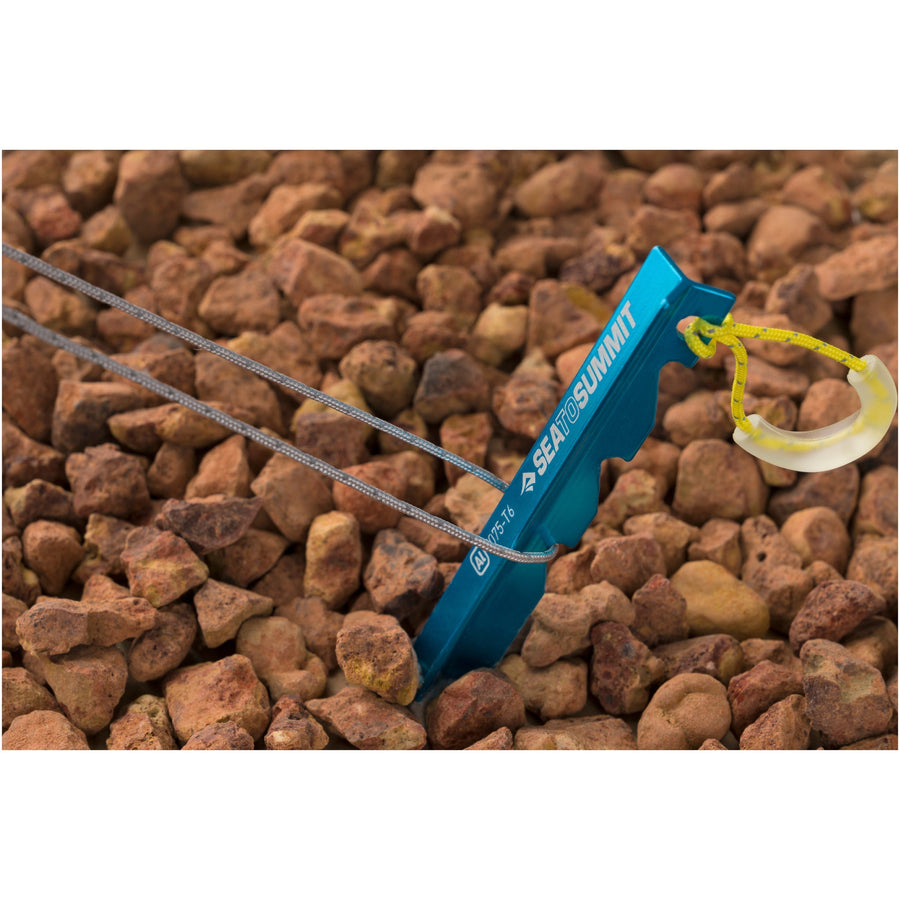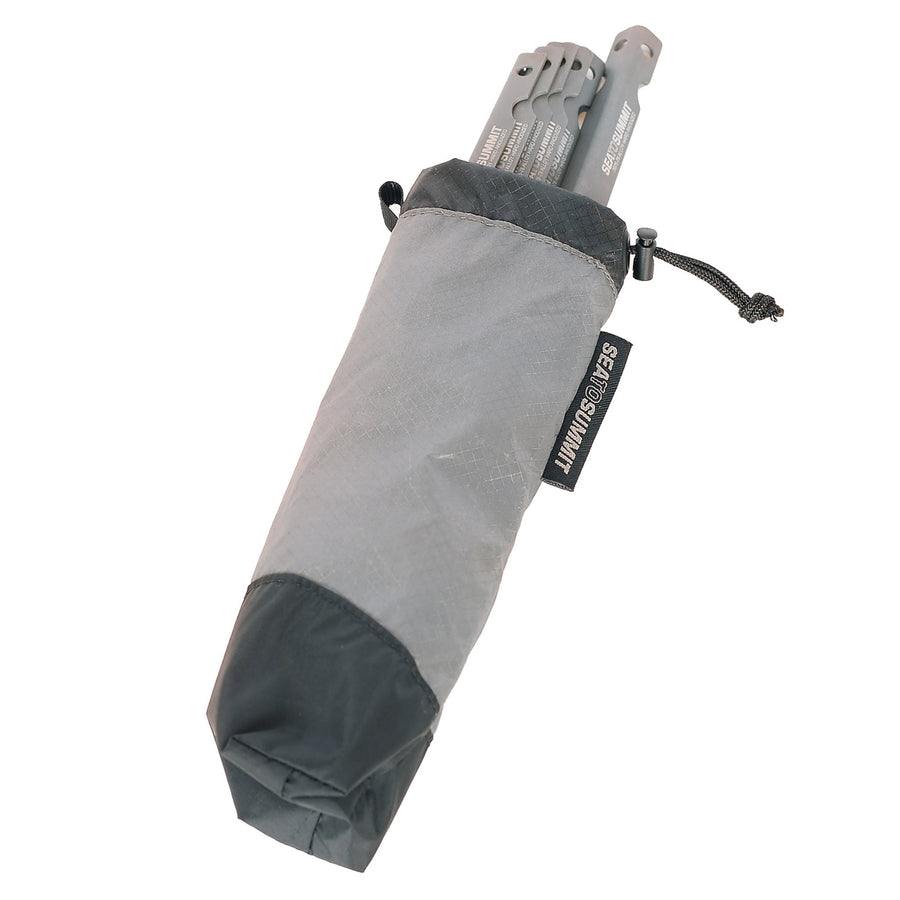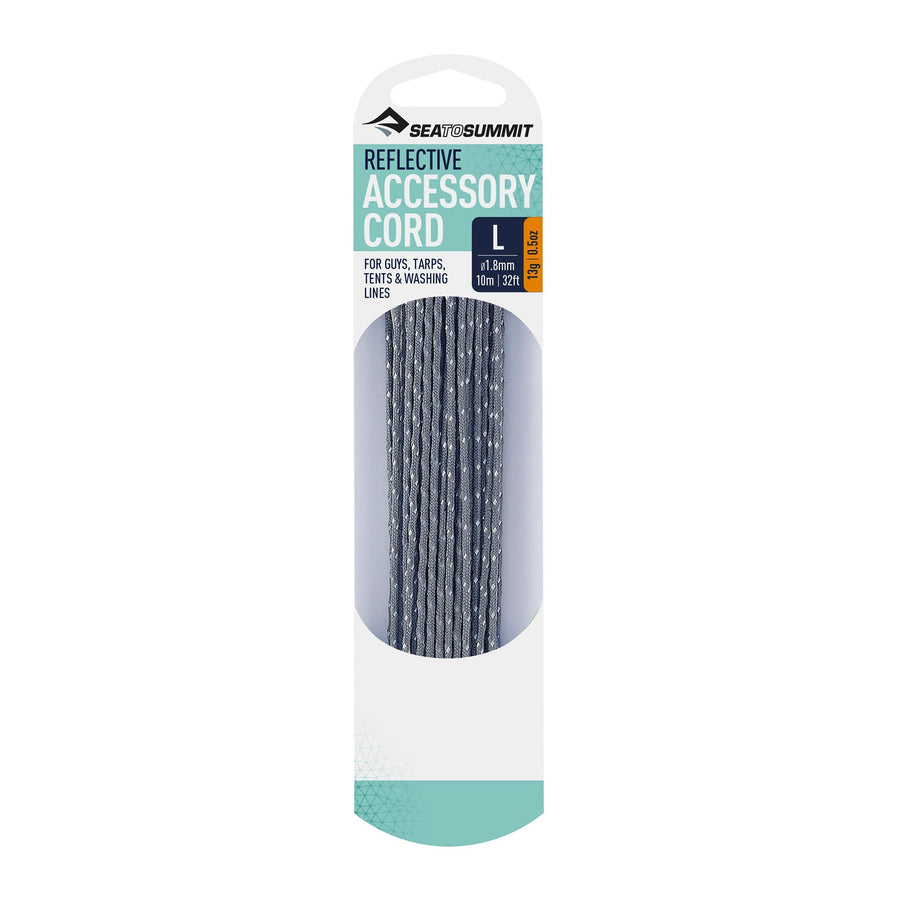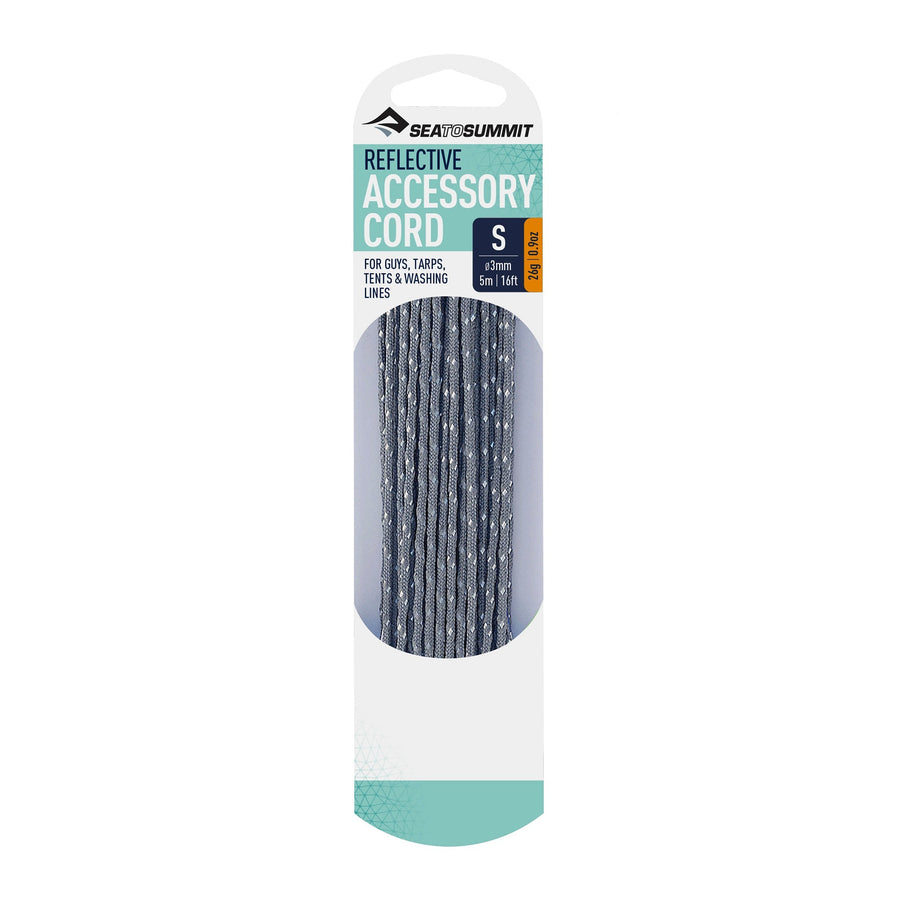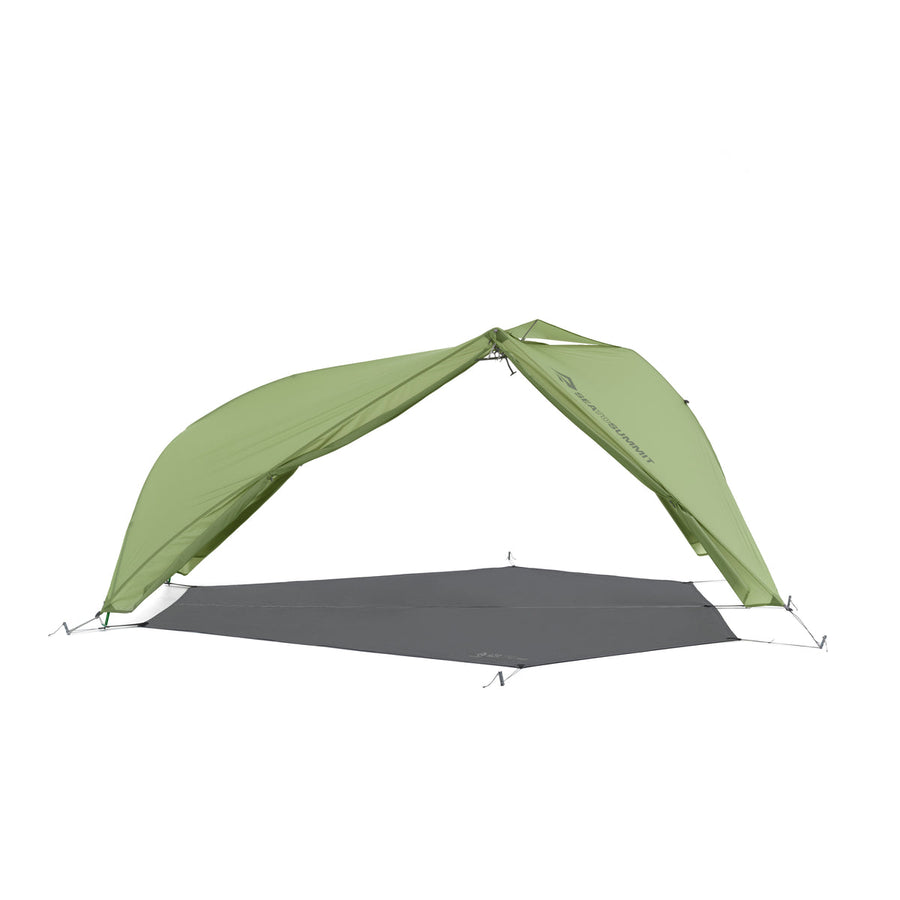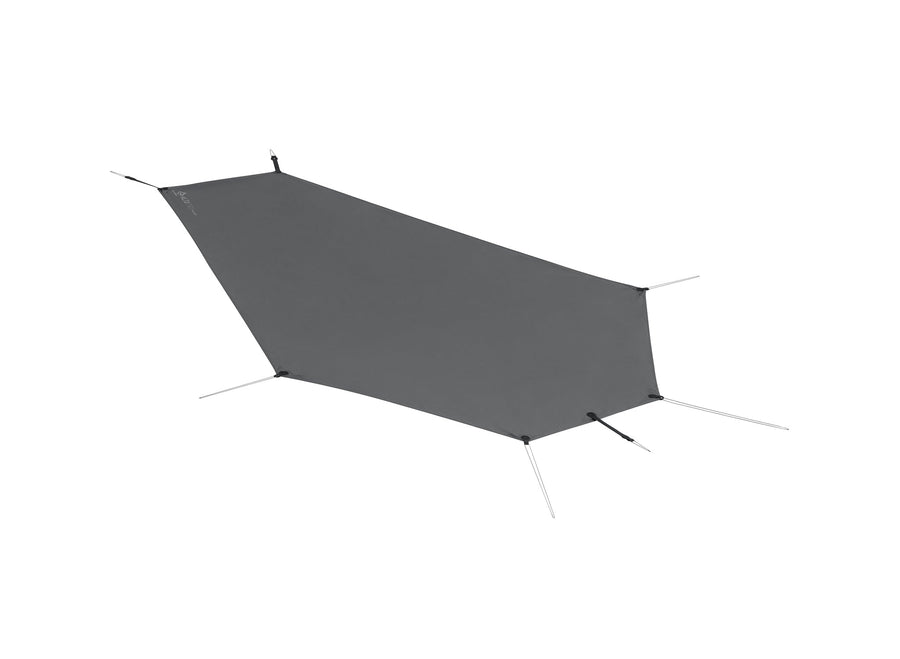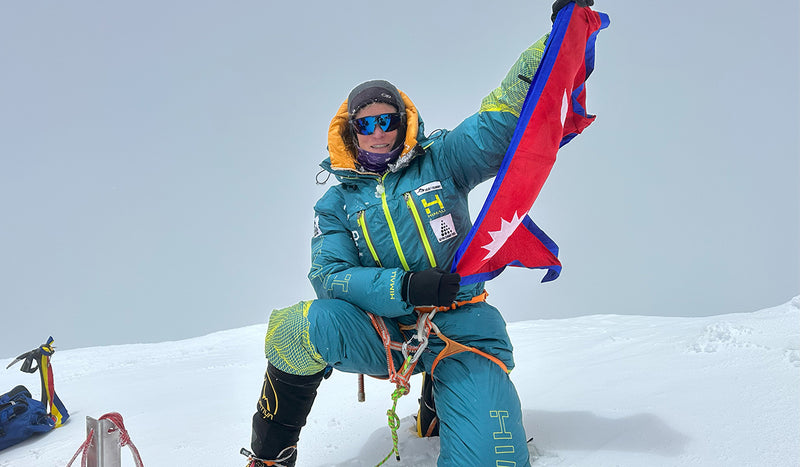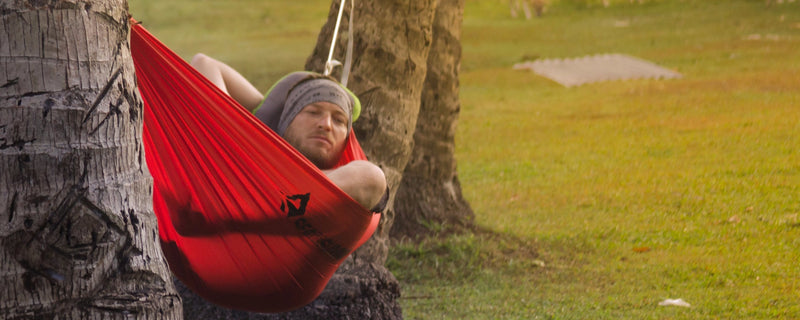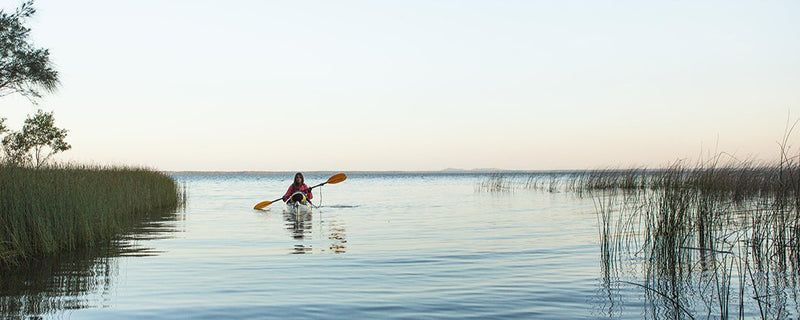Top 5 Tips for Trekking in Nepal in November

Walking through the dirt streets of Kathmandu, the smell of Nepalese dumplings, spices, and sweat added sensory overload to the feelings of culture shock. Temples with bright sacrificial offerings, restaurants and rikshaws, powerlines hanging crazily from wooden poles and lines of shops selling backpacking gear and trekking packages were meshed together as if the fourteenth, nineteenth and twenty-first Centuries had all collided in some bizarre temporal road accident.
So – how did I get here?

Well, my best friend and I were on a four-month trip around the world, and we’d picked Kathmandu as a destination. Which explains how we came to be in Nepal. As to what we were doing there, or even when we’d be leaving, we had no absolutely concrete plans. Crazy? A tad. Last minute? 100%. Worth it? Absolutely.
For those who have never been there, Kathmandu is a contorted maze of streets and alleys. Navigation is a question of trial and error, although if you have no clear plan – and we didn’t – you can’t exactly go wrong. On a quest to find stamps, we stumbled upon a back alleyway travel agent who happened to sell trekking packages as well as stamps (who knew?). He spoke fantastic English and had an impressively persuasive sales pitch.
OK; clearly I’m the spontaneous kind. Some of you reading this may have been given advice by your mothers along the lines of ‘Don’t book flights through mountainous regions from somebody you just met in a back alleyway’. I may have been given similar advice by my mother; but if so clearly I wasn’t listening. We walked out of the backstreet shop with reservations to fly to Pokhara then trek to Annapurna Base Camp (ABC) the following morning.
For those of you who are less impulsive, you may care to know in advance some things which I learned the hard way. Here are a few things I discovered while trekking to Annapurna Base Camp:
(These tips refer to a trek without a porter - someone who carries your gear - or a guide. If you’re a reasonably experienced hiker and you have a good map, this is perfectly doable).
-
Bring a water filter if nothing else
You cannot drink the local water (this includes things like brushing teeth) – to do so means a strong likelihood of contracting a gastroenterological condition (or ‘the Kathmandu Weight-Loss Program’ as it is otherwise known).
Carrying 6 days’ worth of water is obviously not an option, so many hikers end up buying wasteful plastic water bottles at every tea house (hostels in the villages you hike by). Carrying a water filter is a much more eco-friendly and wallet-friendly purchase that will allow you to drink water from any water source you find. This was by far, the best thing I brought with me.
-
Bring more money than you think you'll need
This may seem like a no brainer, but there will be no ATMs on your trek. Most backpackers will stay in the tea houses and eat breakfast and dinner there each day. We met a group of travelers who hadn’t properly budgeted and were facing the consequences. Rationing food and money. A surefire way of ruining your trek.
-
Don't over pack
If you’re an avid hiker you know that layers are key. Hiking through the Himalayas in November is truly a balancing act of bringing enough layers and not over-packing. Even if you get a porter, you really don’t want to bring more than you’d carry yourself. Personally, I brought 4 pairs of leggings, 2 moisture-wicking t-shirts, a sweatshirt, a small down jacket, a beanie and 2 pairs of hiking socks. Was I incredibly smelly by the end of the trip? Yes. Would I have done it differently? No. You’re going to smell. But so will everyone else. So don’t pack more than you need to.
-
Be spontaneous
By all means, plan your trip and ensure that you have the proper gear, enough water, money, and mental stamina to complete your trek. Your schedule, however, will change and things will not go as planned. Build in some time into your schedule for spontaneity. Go with the flow. You’ll be happy you did.
-
Take time to enjoy Base Camp (or the highest / most remote part of any trek you might choose)
You’ve made it to the base of the 10th highest mountain in the world. Spend time basking in it. If you add smaller mountain summits to your trek, make sure you get to the top as early as possible, as the clouds usually come in by the late morning. Enjoy a cup of Nepalese milk tea. Chat with the humans around you. They may just turn out to be award-winning National Geographic photographers.
Trekking in Nepal was the highlight of my entire 4 month trip. It will make you feel small and part of something bigger. Even if you can’t feel your legs afterwards, you’ll feel a sense of accomplishment that you never thought was possible.
Some things I wish I’d had on my trek:
- Sea to Summit Pocket Shower
- A lighter sleeping bag (I would look at the Altitude At I or At II or the Venture Vt I or Vt II for future round-the-world excursions)
- Wilderness Wash and Trek & Travel Hand Sanitizer
- An Adaptor Liner with Insect Shield
Images: Kristen Currey



